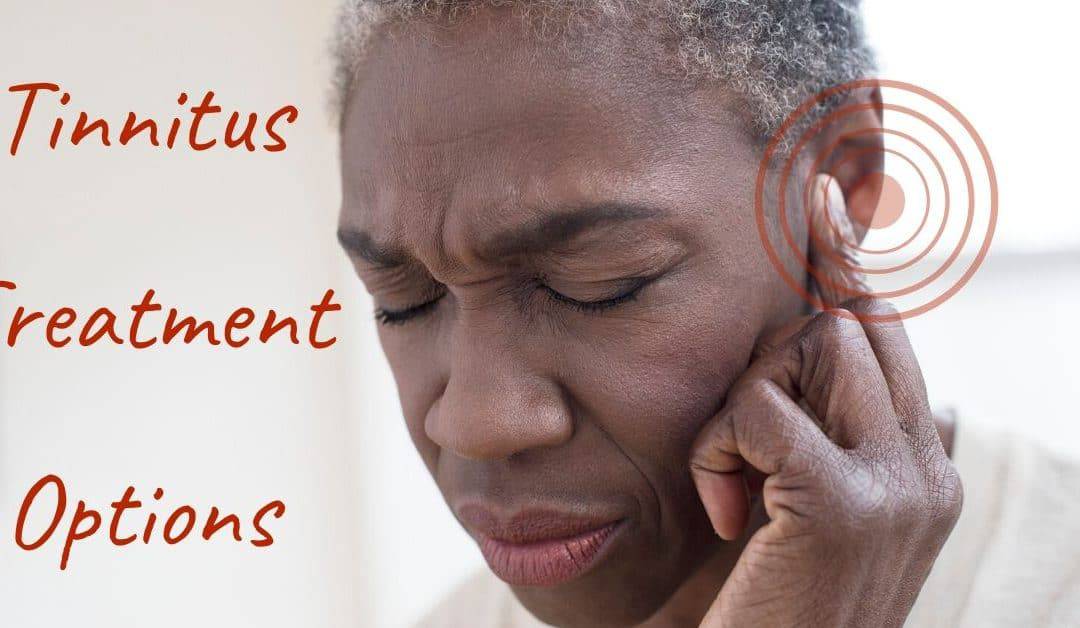Imagine a constant ringing, buzzing, or hissing sound in your ears that refuses to fade away. This condition, called tinnitus, affects millions of people worldwide. Tinnitus isn’t a disease but a symptom of an underlying issue. Understanding your options to manage or eliminate the discomfort can significantly improve your quality of life.
Understanding Tinnitus
What Is Tinnitus?
Tinnitus refers to the perception of sound when no external source exists. These phantom sounds can vary from ringing and buzzing to humming or clicking.
Common Causes of Hearing Loss
- Loud Noise Exposure: Frequent exposure to loud sounds can damage the inner ear.
- Aging: Hearing naturally declines as we age, which can trigger tinnitus.
- Medications: Some drugs, including aspirin and certain antibiotics, list tinnitus as a side effect.
In addition to these causes, there are common tinnitus risk factors, such as prolonged exposure to loud noises, ear infections, and certain medical conditions.
Types of Tinnitus
- Subjective Tinnitus: The most common type, heard only by the individual. Subjective tinnitus is often associated with nearly every known ear disorder, particularly in individuals with sensorineural hearing loss.
- Objective Tinnitus: A rarer form that a healthcare provider can detect.
- Pulsatile Tinnitus: This type aligns with your heartbeat and often signals a vascular issue.
Tinnitus Symptoms and Diagnosis
Tinnitus symptoms can vary significantly from person to person. Commonly, individuals experience phantom sounds in one or both ears or even in the head. These sounds might ring, buzz, roar, whistle, hum, click, hiss, or squeal. The intensity can range from soft to loud, and the pitch can be low or high. For some, the sound is intermittent, while for others, it is a constant presence. Interestingly, specific movements of the head, neck, or eyes, or even touching particular body parts, can sometimes trigger or alter the quality of these sounds.
Diagnosing tinnitus can be quite challenging due to its subjective nature. There isn’t a single test that can definitively diagnose tinnitus. Instead, a doctor will typically perform a thorough physical examination, focusing on the ears, head, and neck to check for signs of infection or inflammation. They will also delve into your medical history and may conduct hearing tests to rule out any underlying conditions contributing to the tinnitus symptoms.
Lifestyle Adjustments
Stress Management
Stress often worsens tinnitus symptoms. Incorporating stress-relieving practices like yoga, deep breathing, or journaling can reduce intensity.
Reducing Noise Exposure
Avoiding loud environments or using hearing protection like earplugs in noisy settings can prevent further damage to your hearing.
Healthy Diet and Exercise
A balanced diet and regular exercise improve blood circulation, possibly alleviating tinnitus symptoms. Avoiding stimulants like caffeine and nicotine also helps.
Managing Tinnitus Symptoms
Managing tinnitus symptoms effectively often requires a blend of self-care practices and professional support. Here are some daily management techniques that can help:
- Sound Therapy: Utilizing sound therapy can make the ringing or buzzing in the ears less noticeable. This involves using devices that produce quiet background noise, such as white noise machines or specialized sound therapy devices.
- Hearing Aids: For those experiencing hearing loss alongside tinnitus, hearing aids can be incredibly beneficial. They improve hearing and help reduce tinnitus symptoms’ intensity by aiding the brain in processing sound more effectively.
- Relaxation Techniques: Stress can exacerbate tinnitus symptoms. Incorporating relaxation techniques like deep breathing exercises, regular physical activity, and biofeedback can help manage anxiety and reduce the impact of tinnitus.
- Avoiding Loud Noises: Exposure to loud noises can worsen tinnitus symptoms. It’s crucial to wear earplugs or earmuffs in noisy environments and take regular breaks to rest your ears.
- Regular Hearing Tests: Keeping up with regular hearing tests can help identify any underlying conditions contributing to tinnitus, allowing for timely intervention and management.
Medical Treatments
Hearing Aids
Many people with tinnitus also experience hearing loss. Modern hearing aids can amplify external sounds, making tinnitus less noticeable.
Sound Therapy
Sound therapy uses white noise, nature sounds, or specialized tinnitus maskers to distract your brain from tinnitus sounds. Apps and devices are widely available for this purpose.
Another practical approach is tinnitus retraining therapy (TRT), which combines sound treatment with counseling to help individuals habituate to tinnitus sounds over time.
Cognitive Behavioral Therapy (CBT)
CBT teaches you how to manage your emotional response to tinnitus. This therapy reduces the stress and anxiety that often accompany the condition.
Tinnitus retraining therapy (TRT) is another long-term option that combines cognitive therapy and sound therapy to help the brain habituate to tinnitus sounds.
Alternative and Holistic Approaches
Acupuncture
This traditional Chinese practice may help some people by improving energy flow and reducing tinnitus symptoms.
Herbal Remedies
Supplements like ginkgo biloba or zinc have shown promise for some individuals. Always consult your doctor before trying new supplements.
Mindfulness Meditation
Mindfulness helps you focus on the present moment and reduces the emotional impact of tinnitus. Studies support its effectiveness in managing chronic symptoms.
When to Seek Professional Help
Persistent Symptoms
Consult a healthcare provider when tinnitus disrupts your daily life for weeks or months.
Stress, exposure to loud noises, and underlying medical conditions can make tinnitus worse, so it’s crucial to address these.
Sleep Disruptions
Sleep disturbances caused by tinnitus can lead to fatigue and mood changes. Professionals can recommend tailored treatments to help you rest.
Emotional Well-being
Tinnitus can lead to anxiety or depression. A mental health professional can guide you through coping strategies or therapy options.
Treating tinnitus often involves a combination of therapies, including cognitive behavioral therapy, sound therapy, and mindfulness techniques, to help manage the emotional impact of the condition.
Take Control of Tinnitus Today
Tinnitus can feel overwhelming, but numerous treatment options exist to help you regain control. You can find relief tailored to your needs through lifestyle adjustments, medical treatments, or holistic approaches. Don’t let tinnitus hold you back. Schedule an appointment with a hearing specialist today at Enticare Hearing Center.

